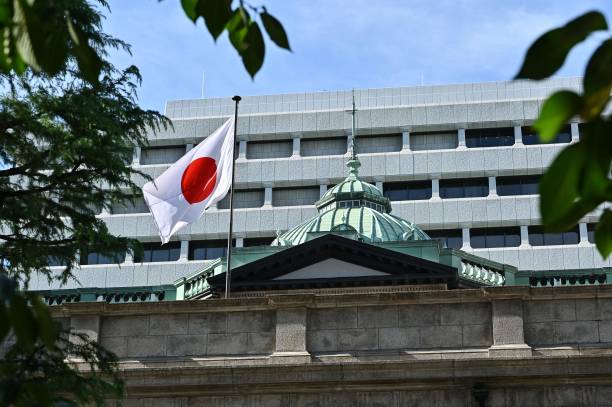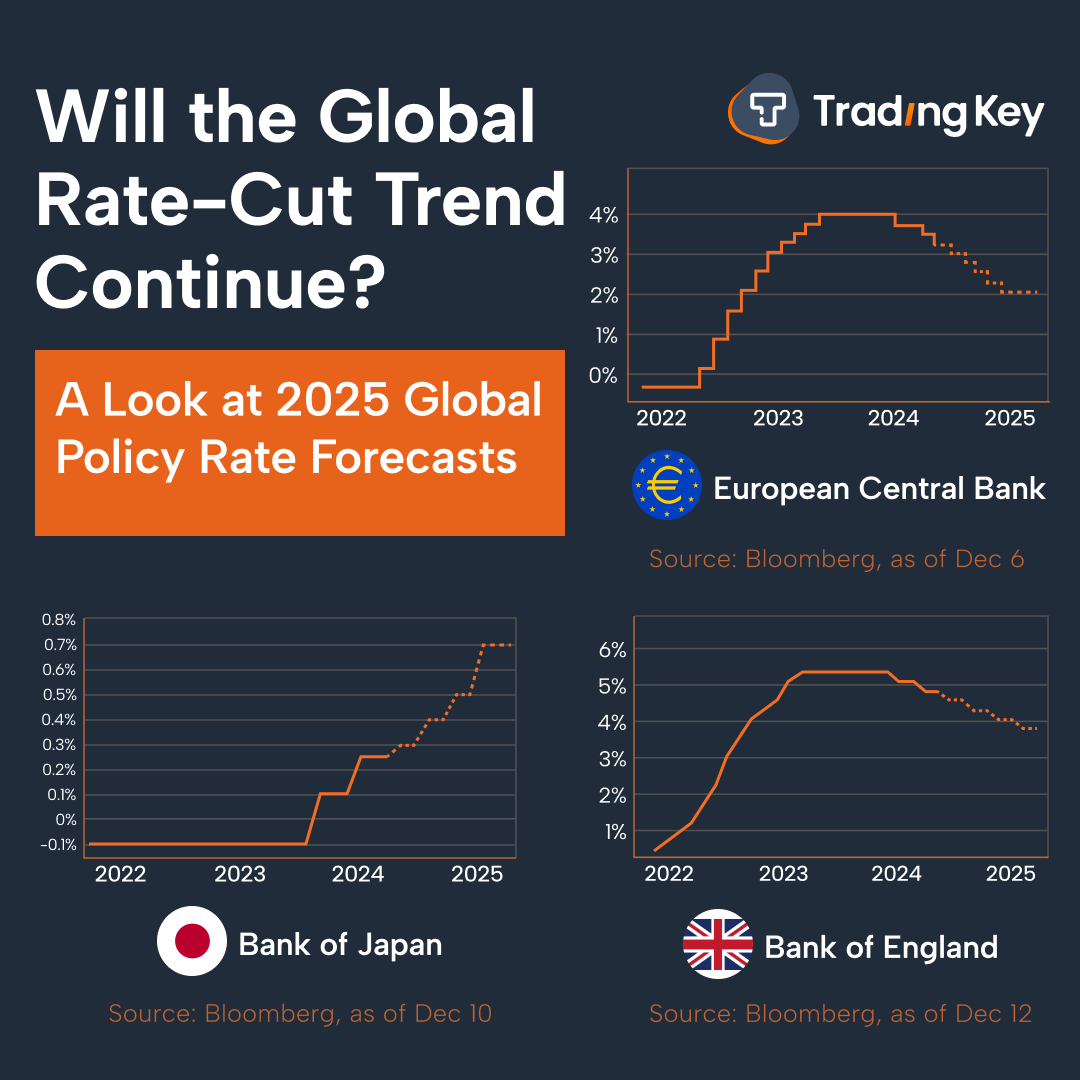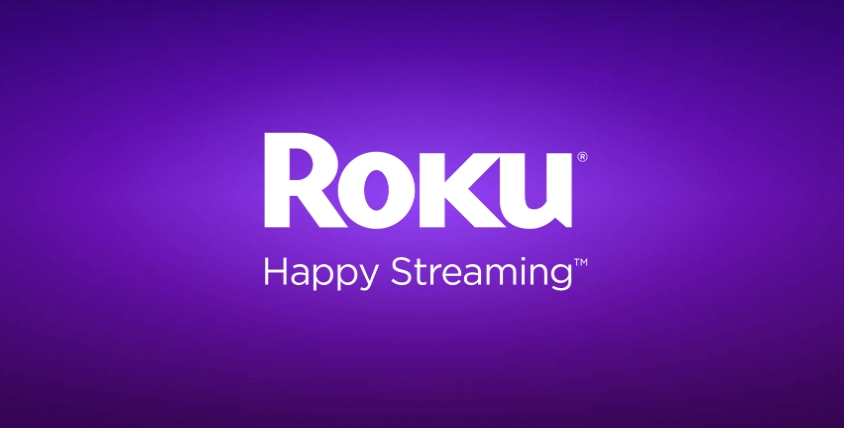What’s the Bank of Japan Outlook for Investors in 2025?

TradingKey - In global stock markets, there are typically three big central banks that influence policy. The first, and most obvious, is the US Federal Reserve and there’s also the European Central Bank (ECB).
Finally, given the heft of the Japanese Yen in global foreign exchange (FX) markets and the size of Japan’s stock market, the Bank of Japan (BOJ) is an important player on the monetary policy scene. The BOJ has had to deal with the return of inflation in Japan in 2024, alongside a weakening Yen.
That has spurred it to actually raise interest rates in a global environment where most central banks are cutting interest rates. So, for investors, what’s the Bank of Japan’s outlook for 2025 and how will it potentially impact the Japanese stock market?

Getting back to “normalised” rates
For investors in Japan, and the general Japanese economy, 2024 has been a significant year. That’s because the BOJ exited its negative interest rate policy in March of this year, when it raised its benchmark interest rate from -0.1% to a range of 0% to 0.1%.
It also marked the first interest rate hike by the BOJ in 17 years, an incredible stretch. Indeed, Japan had been in negative interest rate territory for the past eight years prior to the March rate hike.
In the same March meeting, the BOJ also scrapped what’s called yield curve control (YCC), whereby long-term interest rates had been capped at around 0%.
All this had been spurred by a return of inflation in Japan’s economy, with Japan’s inflation rate for the whole of 2023 at 3.1%. That marked its largest increase in 41 years and set the stage for the BOJ to be able to hike rates early in 2024, which it duly did.
Later in July of this year, the BOJ again raised its benchmark rate to 0.25% as economic data continued to signal that the economy could digest further rate hikes.
Rates outlook for 2025
Of course, all eyes are now on the BOJ’s meeting next week – which takes place from 18-19 December – to see if the Japanese central bank will raise its interest rate to 0.50%.
According to a Reuters poll taken last month, just over half of economists surveyed expect the BOJ to raise rates at the meeting – suggesting that opinion is split.
The main reason is that the BOJ has been rather cryptic on whether it would raise rates this month, with BOJ Governor Ueda saying that a rate hike was approaching but not clarifying whether it would be in December or whether it might be in January 2025’s meeting.
More recently, dovish BOJ board member Toyoaki Nakamura said that the decision to raise rates would be “data dependent”. That echoes a very similar approach to raising rates that the US Fed is taking and suggests the BOJ will look at the data first before deciding what to do with its benchmark interest rate.
With deflation looking like it’s clearly defeated, the market is now focused on how many times the BOJ will raise rates in 2025 and where the benchmark rate will end the year.
Wage growth is healthy, with the 2024 Shunto wage negotiations – involving Japan’s largest corporations – yielding a total pay rise for workers of 5.58%. That marked the first time since 1991 that the key wage growth figure exceeded 5%.
On the economic front, GDP growth is robust by Japan’s standards. For Q3 2024, Japan’s GDP expanded by an annualised 1.2% quarter-on-quarter. That easily beat a preliminary estimate of growth for 0.9% and this outperformance came on the back of better net exports, capital expenditure spending and inventory figures.
Japan’s GDP grows faster than estimated in Q3 2024
Source: Bloomberg, Cabinet Office
All in, this bodes well for the BOJ to continue to raise rates in 2025. At the moment, expectations for the level of 2025 year-end interest rates range from 0.5% to 1.0%. As ever, the BOJ will no doubt be very data dependent in how it views interest rate policy going into 2025.
Impact on the stock market
So far this year, the MSCI Japan Index is up 16.2% in Yen terms (as of the end of November 2024). Of course, the weakening Yen has seen that return dragged down to 9.0% in US Dollar terms.
The Yen has weakened by around 7% versus the US Dollar so far in 2024 but a recent rebound in the Yen to close to the 150 level means the BOJ will feel it has some breathing room and could mean the central bank waits until January to raise interest rates.
Despite all the predictions, Japan’s economy is on the right path and is exiting its deflationary spiral. That bodes well for both the economy and stock market as Japan’s stocks continue to look appealing for investors who want exposure to Asian growth.








